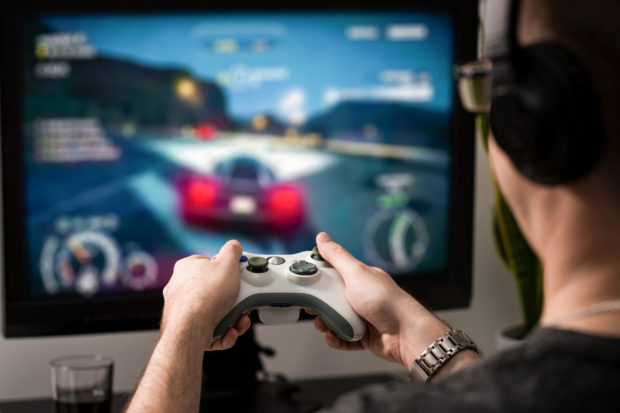9 out of 10 parents feel their teens spend too much time playing videogames

Image: iStock/scyther5 via AFP Relaxnews
An American study conducted with 963 parents of teenagers aged between 13 and 18 years old shows that 86% of them felt their children devote too much time to videogames.
The study was carried out by the University of Michigan’s C.S. Mott Children’s Hospital. According to the results of the survey, twice as many parents of boys reported daily gameplay compared with parents of girls. Additionally, 54% of the boys play for three or more hours, as opposed to only 13% of girls.
These results would suggest that video gaming is an activity that is mainly engaged in by boys. However, a 2016 study by the Pew Research Center showed that among the 2,000 Americans over 18 years old in the study, the women played nearly as much as the men (48% vs. 50%).
Overall, the parents in the study reported that gaming has an impact on other aspects of their teen’s life, such as family interactions and activities (46%), sleep (44%), homework (34%), relationships with their non-gaming peers (33%) and extracurricular activities (31%).
Gaming and relationships
Strategies used by parents to encourage their children to spend less time in front of videogames included proposing other activities (75%) and limiting game-playing time (54%). Some parents (14%) went so far as to hide game-playing equipment from their teens.
Nevertheless, 71% of the parents thought that videogames can have positive effects for their adolescents. This position has been supported by some research, with several studies having demonstrated that the activity can have benefits for concentration or creating social relationships.
For “appropriate use” of videogames, the authors of this new report advise parents to show their engagement by playing the games with their children while still setting limits.
“Although many parents believe videogames can be good for teens, they also report a number of negative impacts of prolonged gaming. Parents should take a close look at their teen’s gaming behavior and set reasonable limits to reduce harmful impacts on sleep, family and peer relationships, and school performance,” said Mott Poll co-director and pediatrician Dr. Gary Freed. IB/NVG
RELATED STORIES:
Boys with gender-equitable attitudes less likely to engage in violent behavior
Obesity during pregnancy could impact boys’ development and IQ